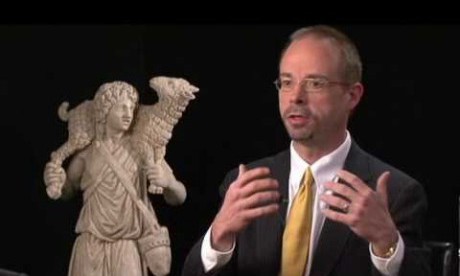Now that the dust is beginning to settle on the tumultuous Synod of Bishops on the family, conclusions are up in the air as to what it all meant.
Given the clear divisions that ran through the summit, it should be no surprise that after-the-fact interpretations are also all over the map.
For some, the outcome was a defeat for Pope Francis and the more open line they perceive him to represent on issues such as gays and divorce and remarriage.
For others, the fact that even watered-down language on those points survived in the synod’s final document represents a watershed, even if, like Cardinal Vincent Nichols of Westminster in the United Kingdom said, they feel it “didn’t go far enough.”
Those in favour of allowing Catholics who divorce and remarry outside the Church to receive Communion can claim a breakthrough in a call for further study on the issue, since previous Vatican documents have closed the door entirely.
Some believe the soap opera quality of the two-week gathering, with conservatives complaining of a plot to stifle their voices and liberals grousing about a lack of nerve, suggest Francis has let loose forces he can’t control.
“I don’t think he’s much of a strategist,” one cardinal told Crux Sunday night.
“I used to think there was a plan underneath the chaos … now I’m wondering if the chaos is the plan.”
Others believe that this synod was the opening salvo in Francis’ vision for the future.
He now knows where the bishops of the world stand, they say, and perhaps what he needs to do to bring them along.
Beyond all the competing views, here are three conclusions about the 2014 Synod of Bishops that seem reasonably objective.
This is not the end, only the beginning.
All along, the 2014 synod was designed to do no more than prepare an agenda for the larger Synod of Bishops on the family called by Pope Francis for October 2015. Continue reading
Source
- John L. Allen Jr. in Crux
John L. Allen Jr. is associate editor of Crux, specialising in coverage of the Vatican and the Catholic Church.
